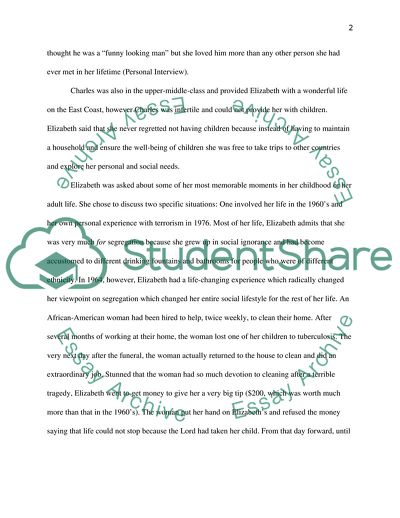Cite this document
(Elizabeth: 83 Years of Age and Still Going Strong Essay, n.d.)
Elizabeth: 83 Years of Age and Still Going Strong Essay. Retrieved from https://studentshare.org/biographies/1718797-interview-an-old-person-80about-their-life
Elizabeth: 83 Years of Age and Still Going Strong Essay. Retrieved from https://studentshare.org/biographies/1718797-interview-an-old-person-80about-their-life
(Elizabeth: 83 Years of Age and Still Going Strong Essay)
Elizabeth: 83 Years of Age and Still Going Strong Essay. https://studentshare.org/biographies/1718797-interview-an-old-person-80about-their-life.
Elizabeth: 83 Years of Age and Still Going Strong Essay. https://studentshare.org/biographies/1718797-interview-an-old-person-80about-their-life.
“Elizabeth: 83 Years of Age and Still Going Strong Essay”. https://studentshare.org/biographies/1718797-interview-an-old-person-80about-their-life.


